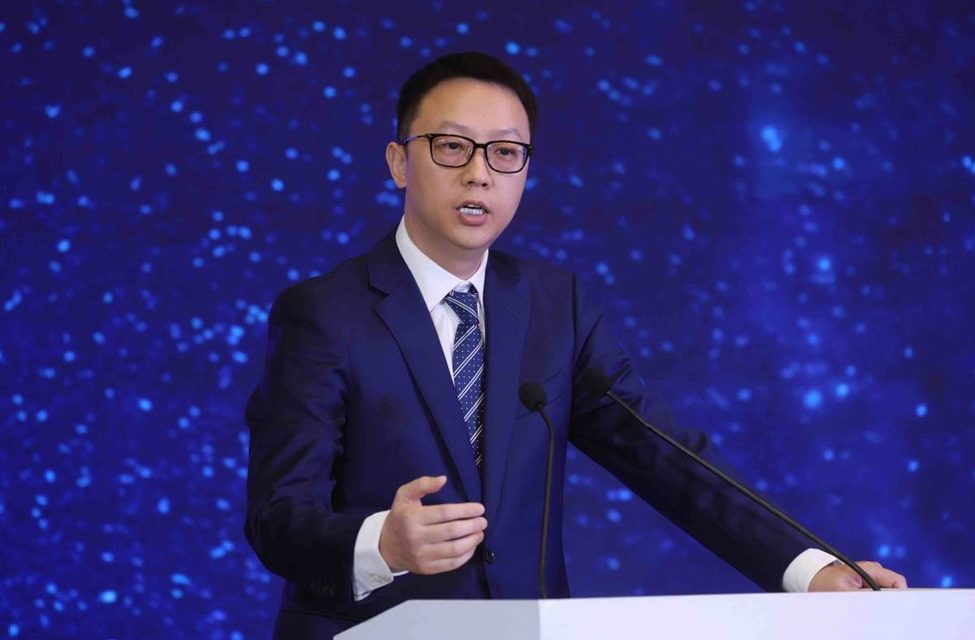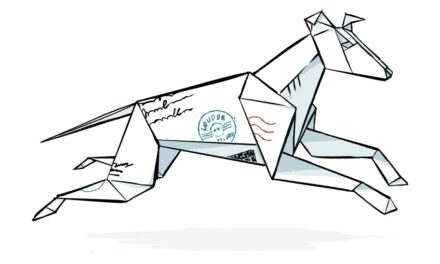
Alibaba’s CEO: Rapid technological advances are profoundly reshaping all industries

Alibaba‘s CEO Eddie Wu is counting on Alibaba Group’s track record of innovation, artificial intelligence and a $63 billion war chest to propel the internet juggernaut into its next growth phase.
Over 24 years, Alibaba has expanded into e-commerce, cloud computing, local services, logistics, digital media and entertainment, new retail, and more. Wu reviewed its operating businesses after taking the helm in September, and has drawn up a group-wide strategy for the coming decade.
“Rapid technological advances are profoundly reshaping all industries, all products, and all of our daily life scenarios,” Wu told analysts last week on his first post-results conference call as Alibaba’s CEO. “We intend to transform Alibaba and embrace the future.”
He set three priorities for the operating businesses to follow: technology-driven internet platform businesses, AI-driven technology businesses and a global commerce network [see table].
Cutting-edge technology undergirds all three drivers and Wu is looking to develop in-house and industry-leading capabilities as Alibaba redefines itself for the AI era.
Track Record
Alibaba’s Wu is not alone as he mulls the potential of this year’s technological advances. In EY’s latest survey of 1,200 CEOs, more than two-thirds of respondents see the need to act quickly on generative AI to avoid giving their competitors a strategic advantage. However, 68% of CEOs also report being stymied by uncertainty.
Not all can lean on a long track record of seizing opportunities created by successive waves of new technology.
Alibaba was in the vanguard during the seismic shift from desktop internet access to mobile, the rise of mobile payments and the platform economy. More recently, it has steered the convergence of offline and online retail and the migration of companies, large and small, to the cloud.
From the get-go Wu has focused on the technologies prompting industrial change.
Wu was Alibaba’s technology director at the company’s inception in 1999 and served as the chief technology officer of mobile payments app Alipay from December 2004. In September 2008, he became chief technology officer of China’s largest digital retail app, Taobao.
“No matter how successful our business models have been in the past, we need to turn over a new page and start afresh,” said Wu, who graduated in information engineering at the Zhejiang University of Technology.
In his latest role, he has thrown his weight behind the latest transformative technology, generative AI. Since he stepped in as acting CEO of Cloud Intelligence Group, Alibaba has unveiled an upgrade of its large language model Tongyi Qianwen.











